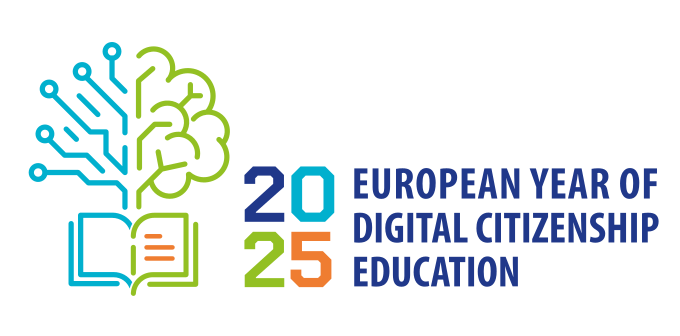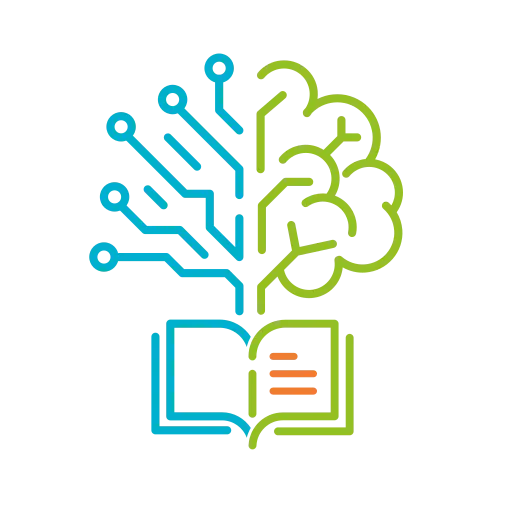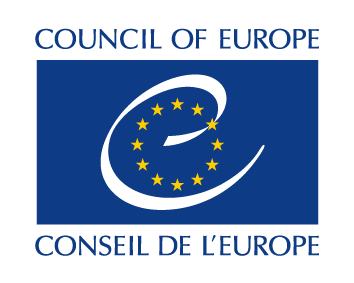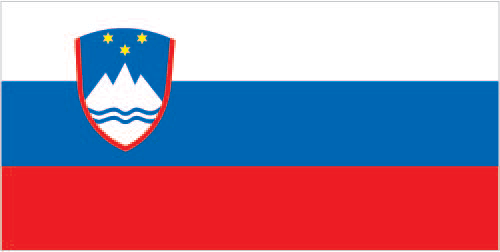Training on DCE to teachers and other professionals:
Initial education
According to the national authorities responding to the online survey, the “Okoljska in digitalna pismenost” (Environmental and Digital Literacy) project aims to renew the study of early childhood education. It focuses on the development of new subjects and the modernisation of existing ones, with an emphasis on digitisation and the use of digital tools. Another university-level project, in collaboration with the Faculty of Education of the University of Ljubljana, is based on the holistic renewal of higher education through the integration of sustainability, digitisation and micro-credentials. Yet another project, carried out by The Faculty of Education of the University of Maribor focuses on “healthy lifestyles for sustainable development and lifelong learning”. It develops sport and recreation programmes and the promotion of healthy habits for different age groups. A further project (this time of the Faculty of Education of the University of Primorska) envisages the renewal of the professional higher education study programme in Early Childhood Education with a focus on the integration of green and digital transition competences, with the aim of empowering students with digital and sustainability competences.
Universities are developing digital pedagogical-andragogical upskilling and renewing their curricula. These also include AI centres and are accompanied by the necessary digital and communication equipment. They are changing the institutional culture that is to be transmitted to students and developing new rules for responsible behaviour. They promote technological literacy and the responsible use of digital technologies and artificial intelligence.
In the framework of the European Cohesion Policy 2014-2020, a consortium was created to become a focal point for training and continuous modernisation of knowledge and skills, as well as for the exchange of good practices and the promotion of up-to-date teaching methods in higher education. In the period 2021-2027, they will continue to support the training of higher education teachers and practitioners to develop innovative learning environments based on new ICTs and to introduce new pedagogical practices in teaching.
In-service education and training
Supporting the professional development of teachers is of key importance for the Slovenian government. Slovenia provides for a systemic right to continuing (in-service) education and learning for education and training professionals. Depending on the needs of each educational institution and its employees, a wide range of education and training courses are offered and continuously updated. Some of these are included in the Catalogue of Continuous Education and Training Programmes, provided by the Ministry of Education. The priority themes are defined in cooperation with all the interested partners, and they include themes, such as the use of technology in teaching, learning and assessment, and media literacy.
There have been also a series of initiatives or programmes to support professional development of teachers and leaders, such as ‘Digitrajni učitelj’ [‘Digistainable teacher’] and ‘Dvig digitalnih kompetenc’ [‘Raising digital competence project] (2021-2023) implemented by the National Education Institute of Slovenia Institute of Education (lead partner) and ARNES [the Academic and Research Network of Slovenia].
Translation and dissemination of DCE Recommendation:
No response from the national authorities responding to the online survey.



